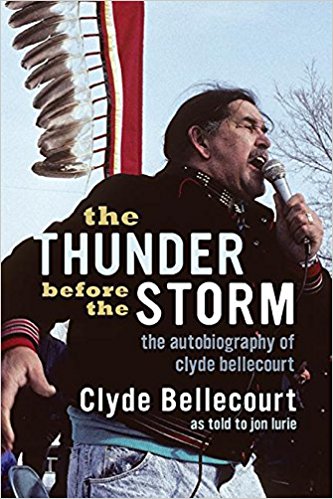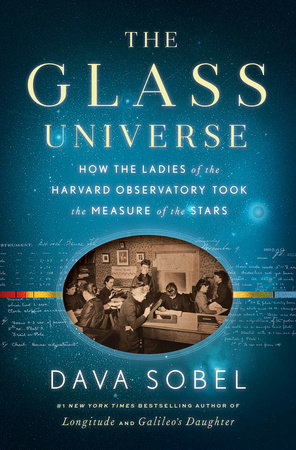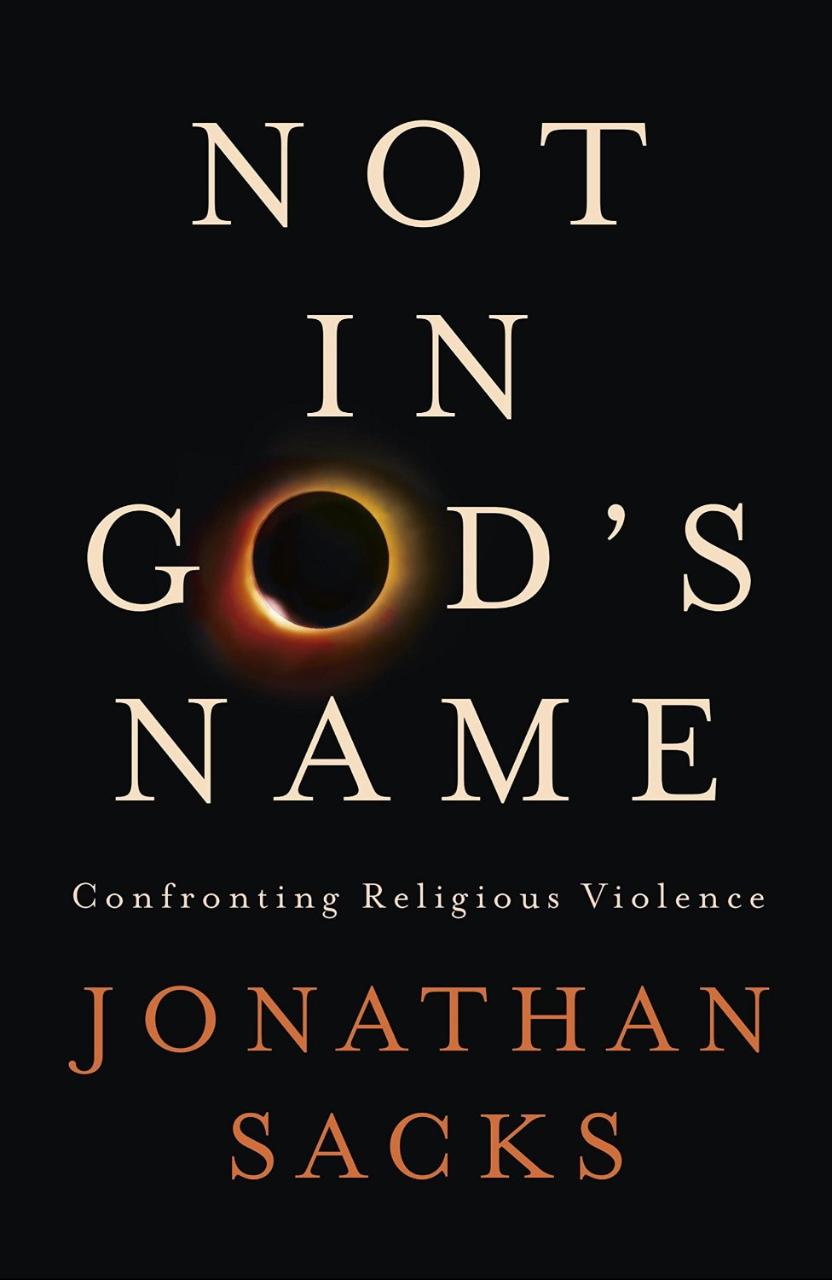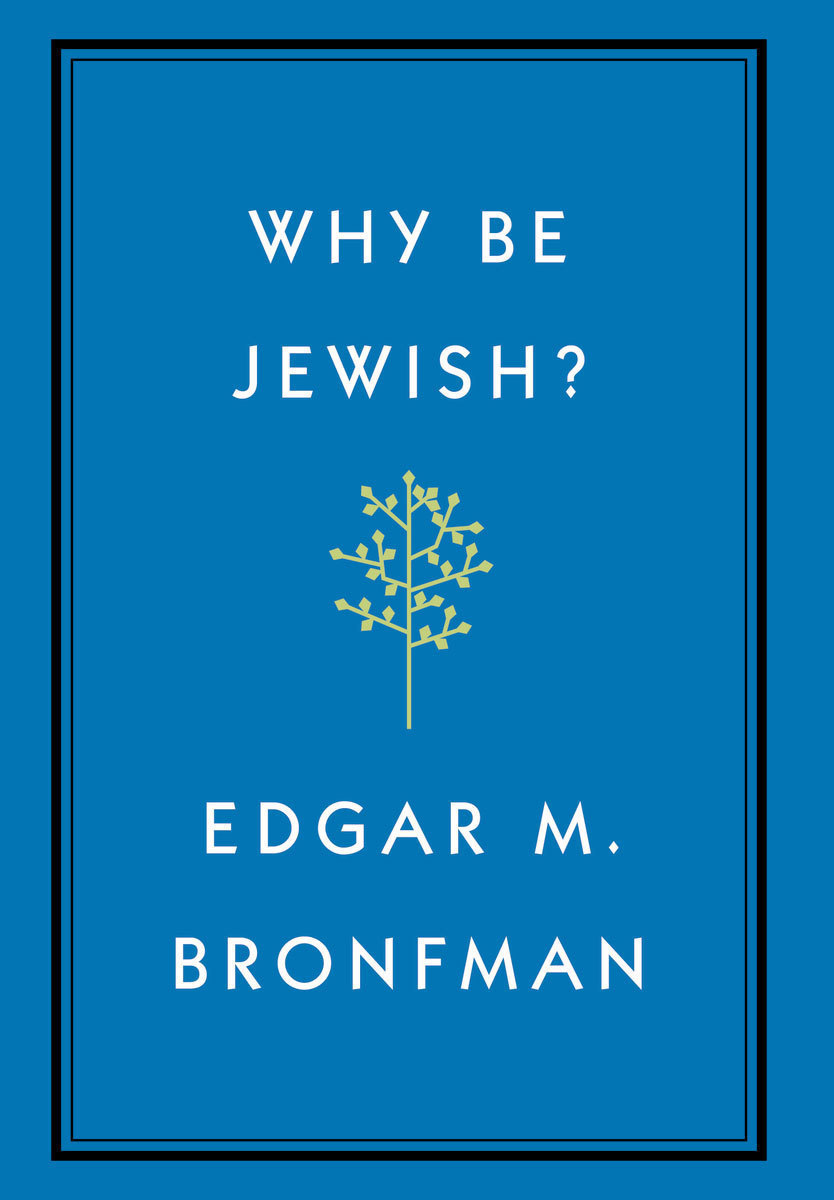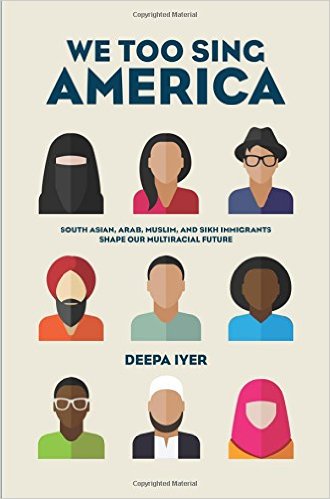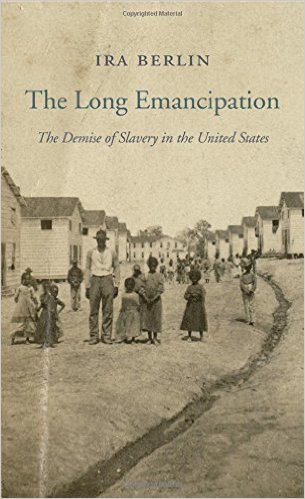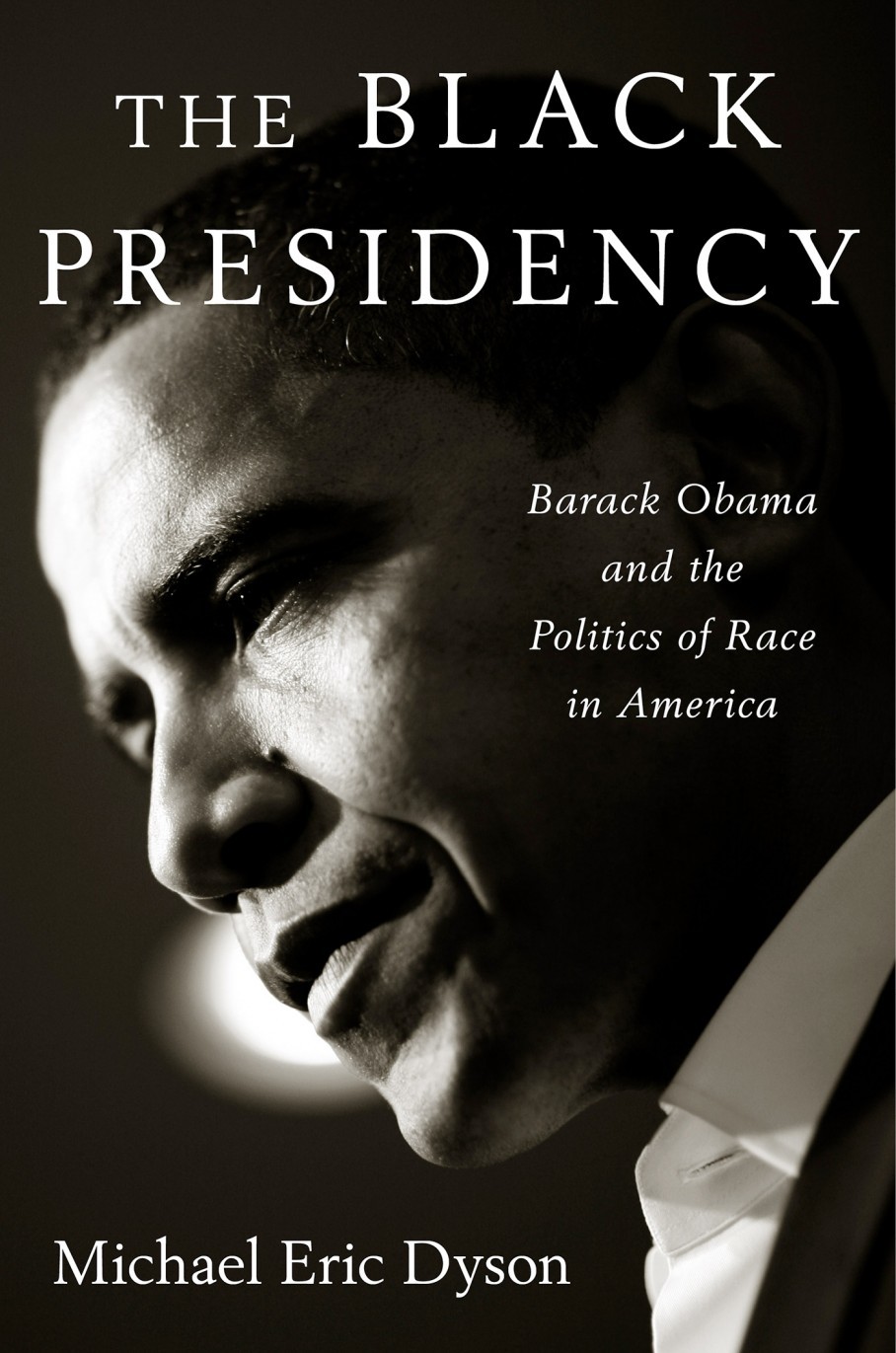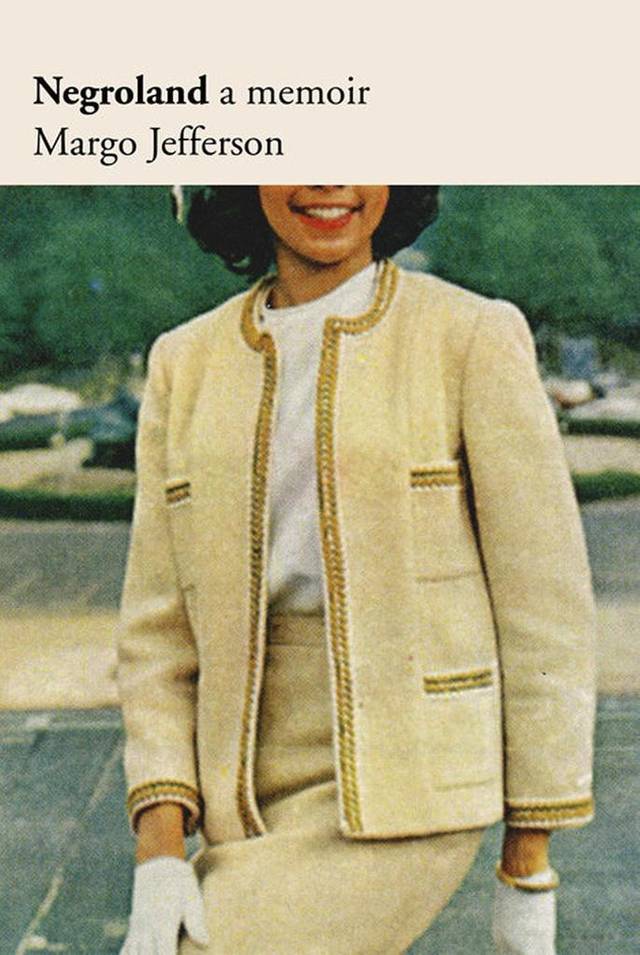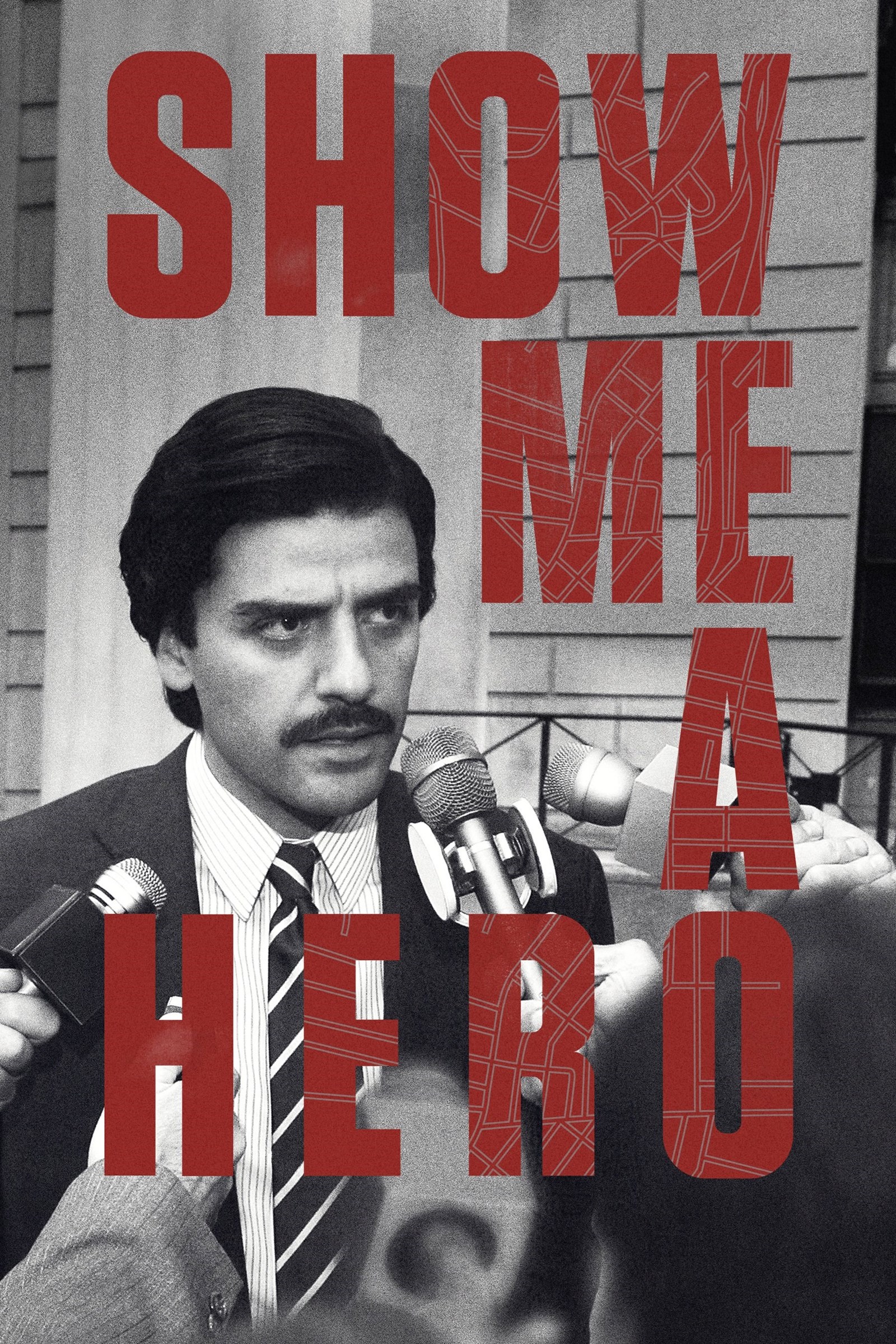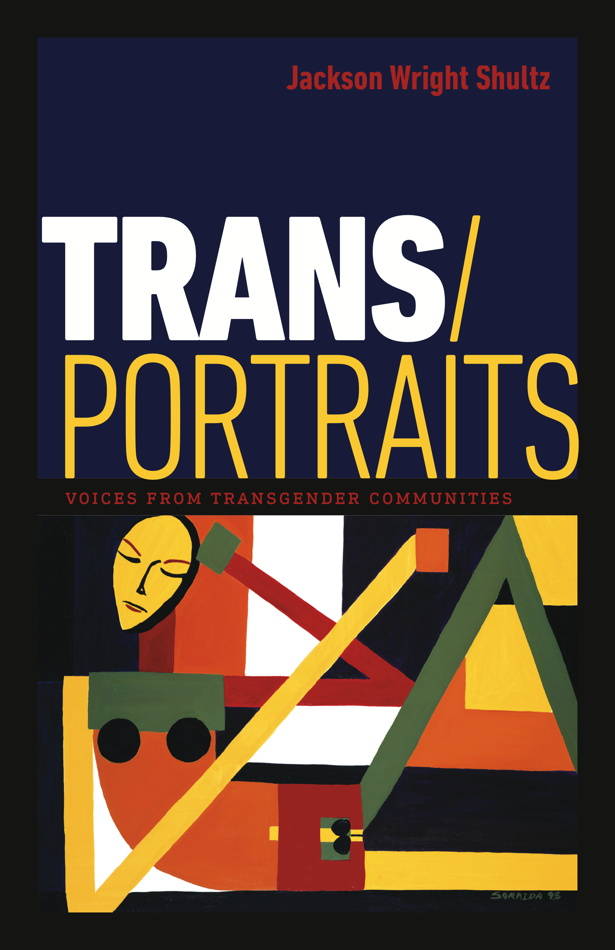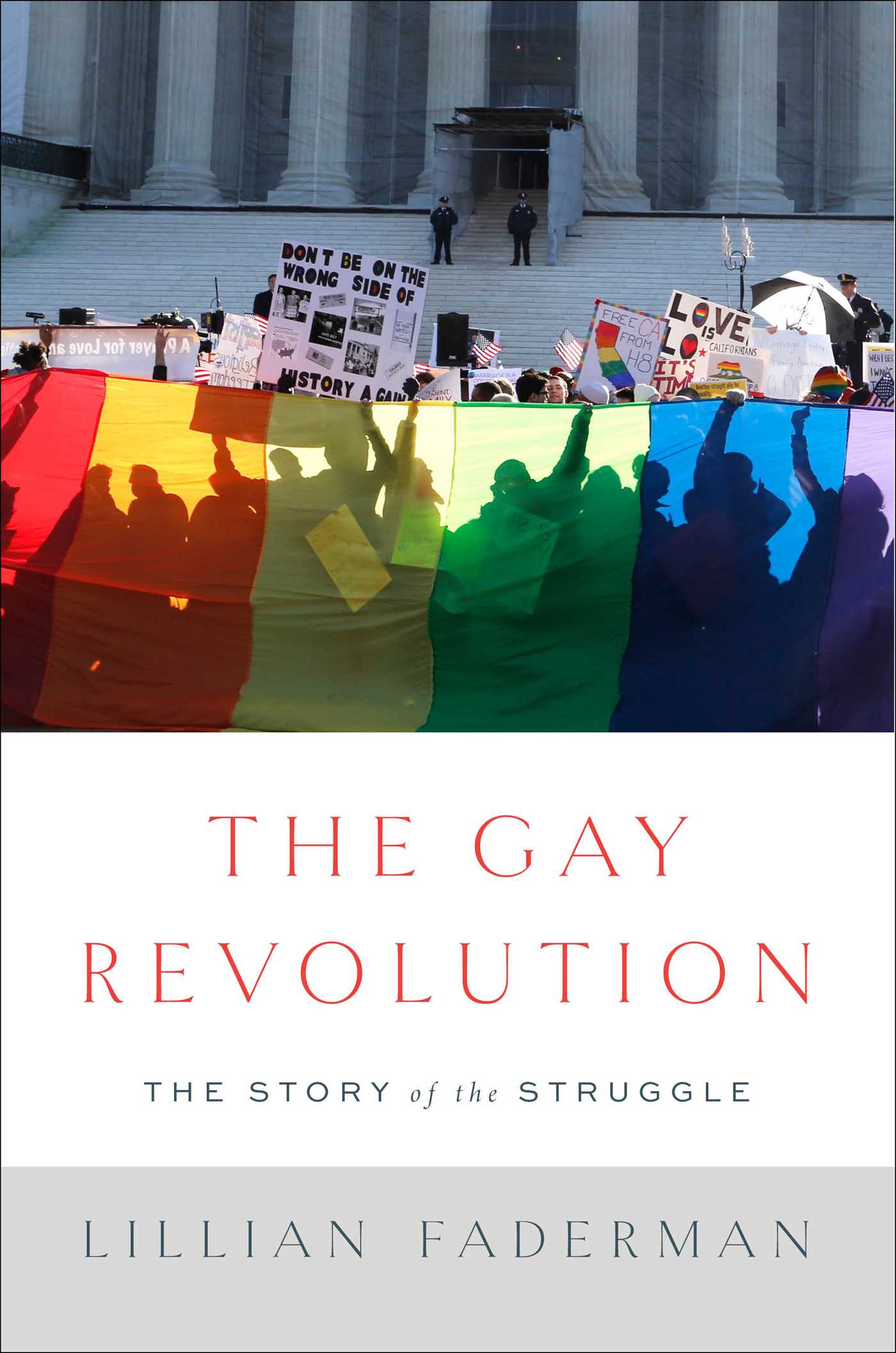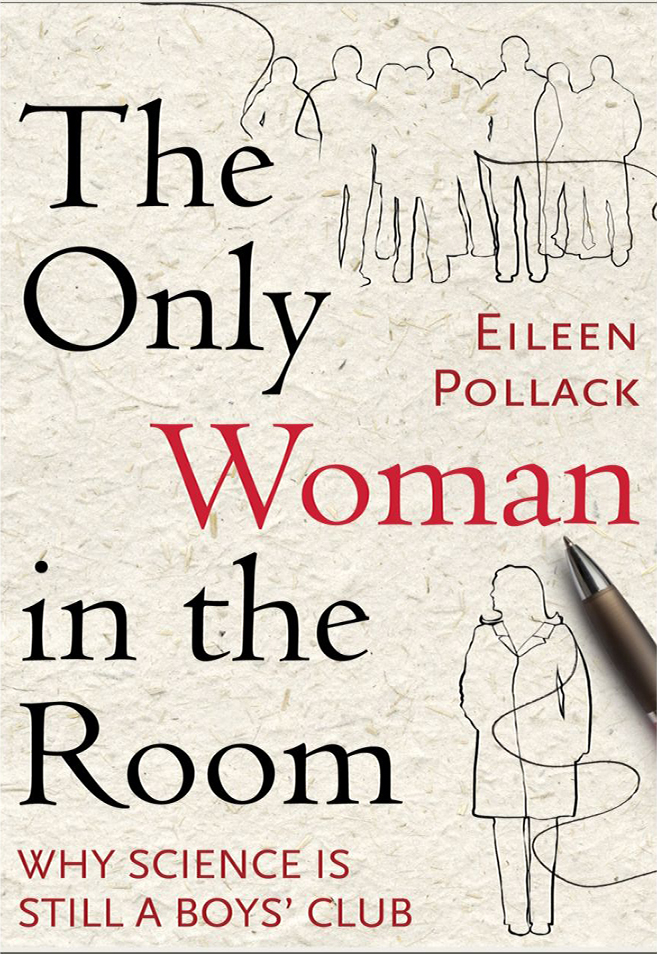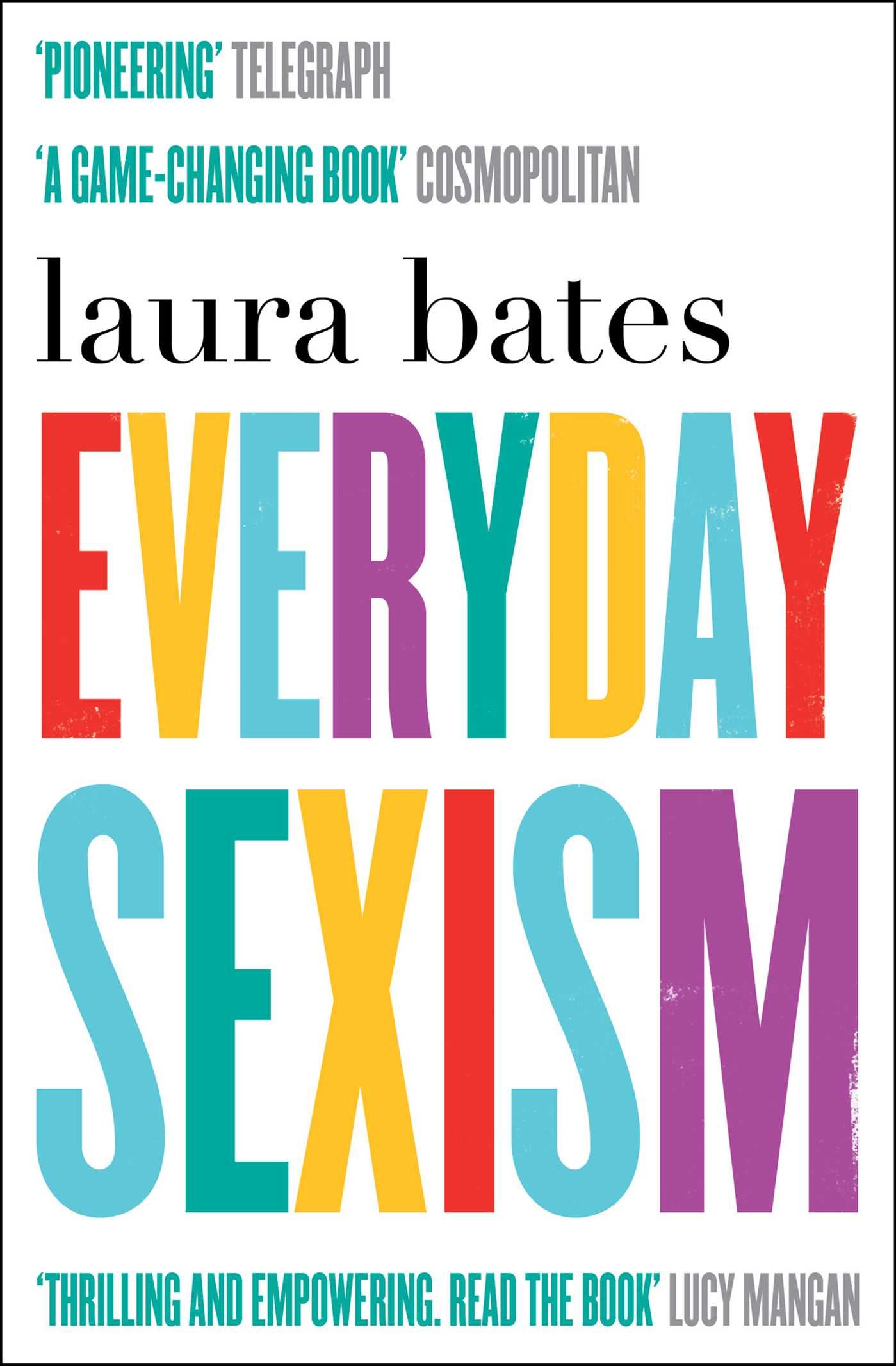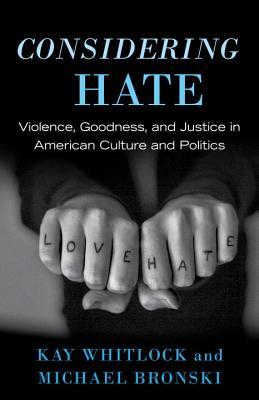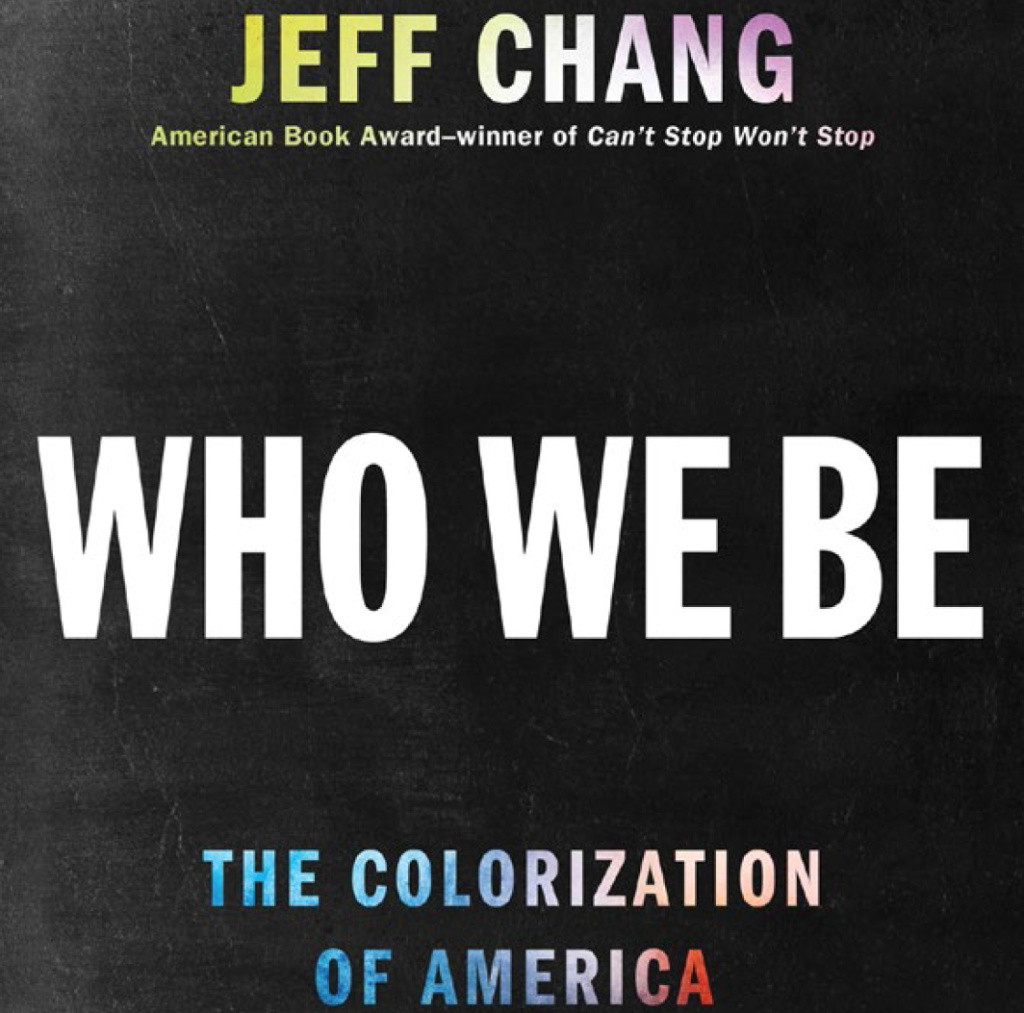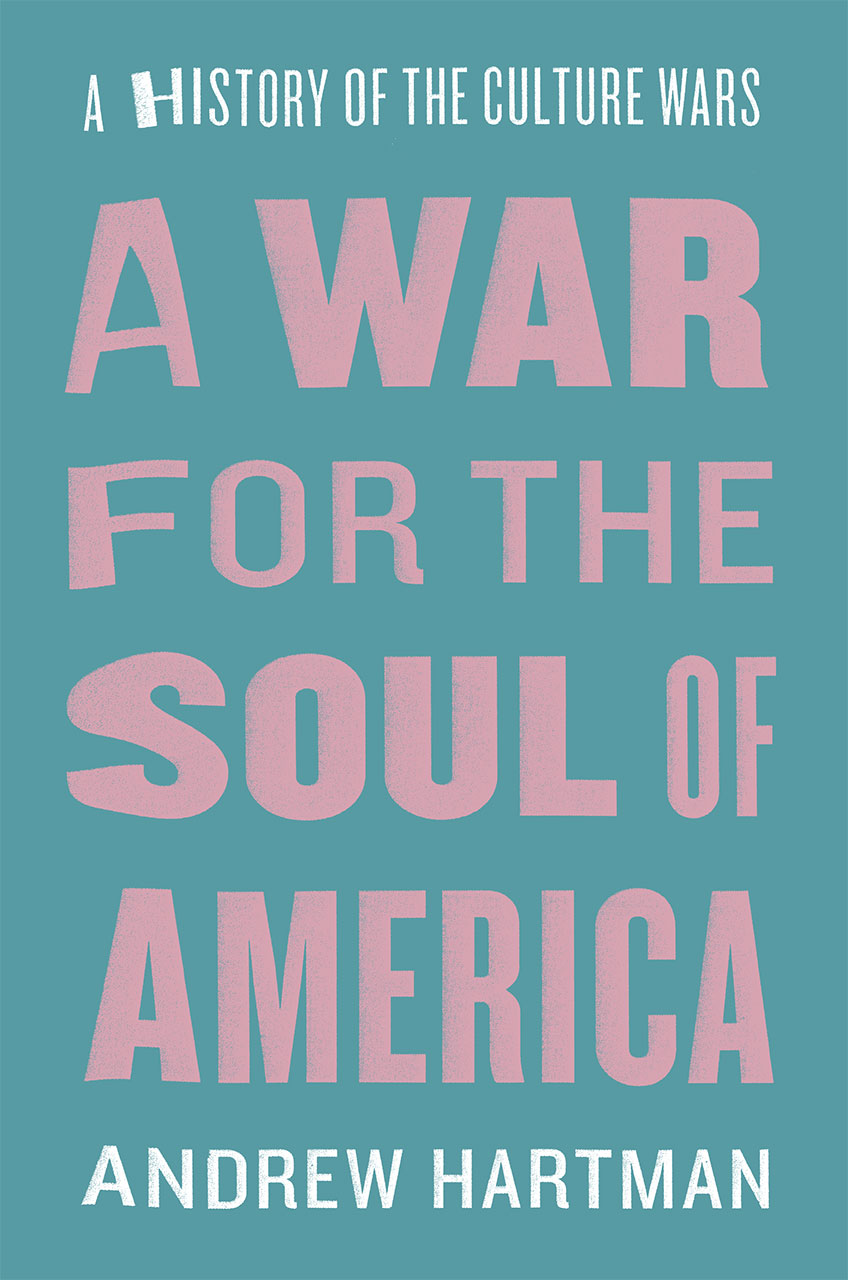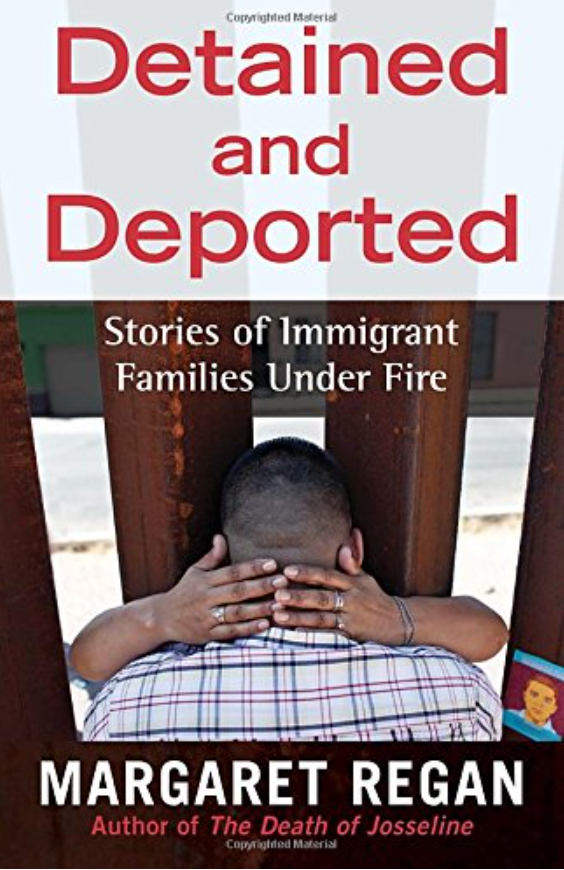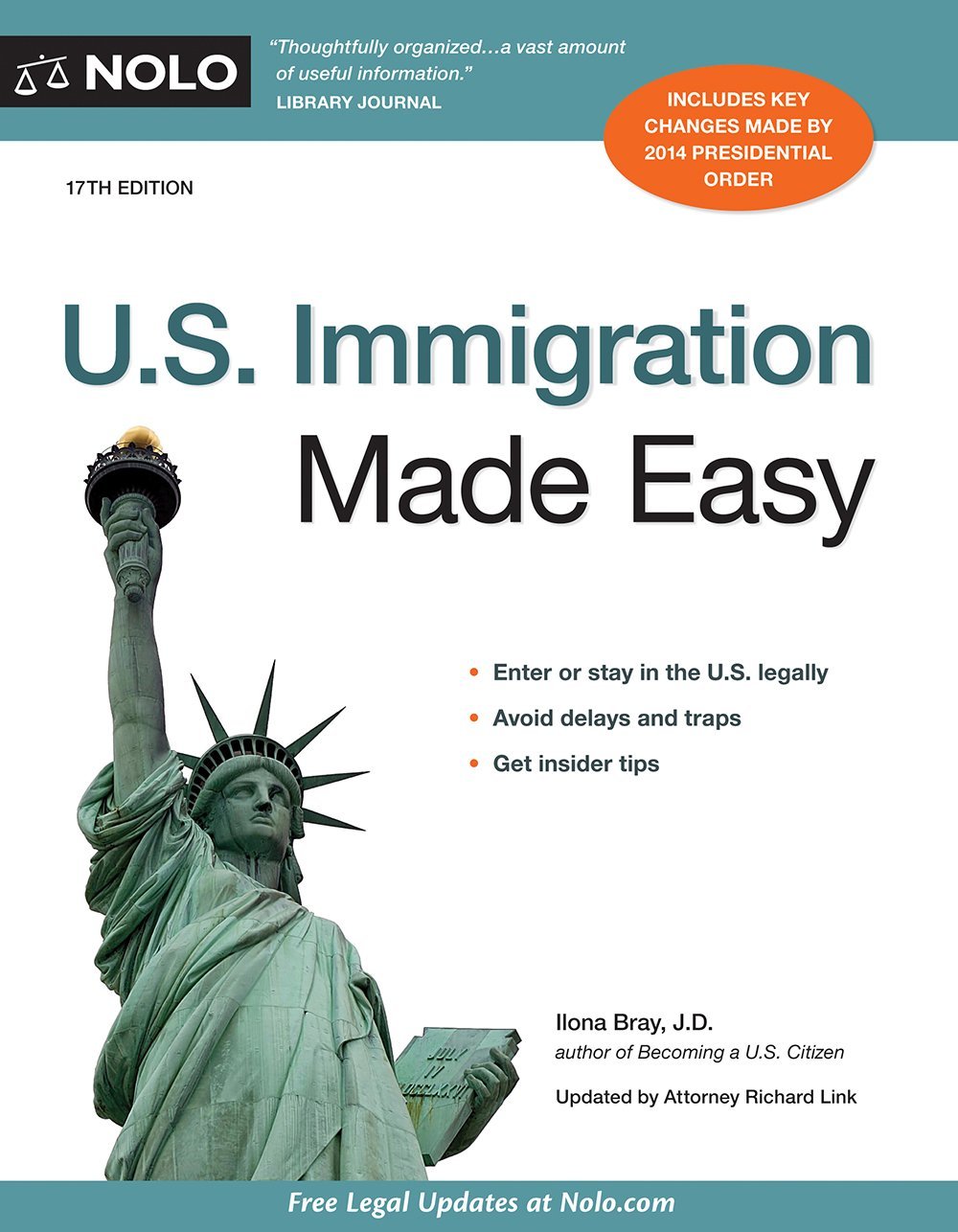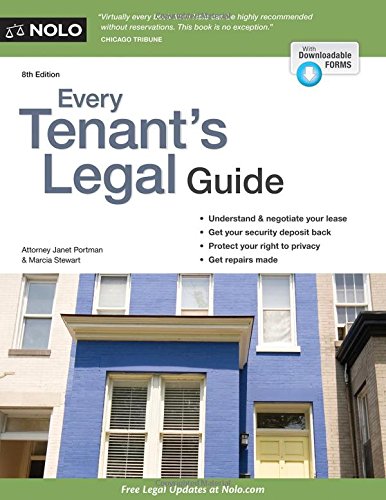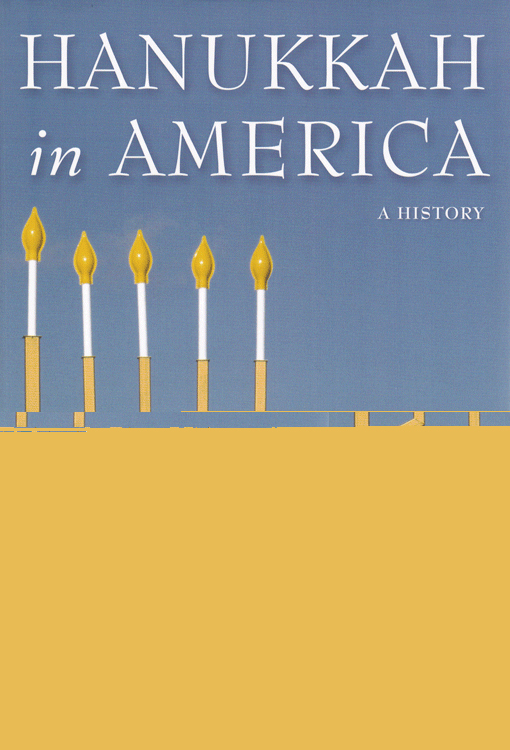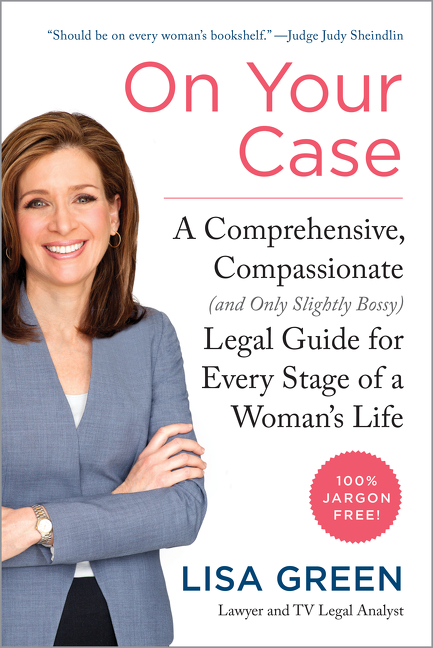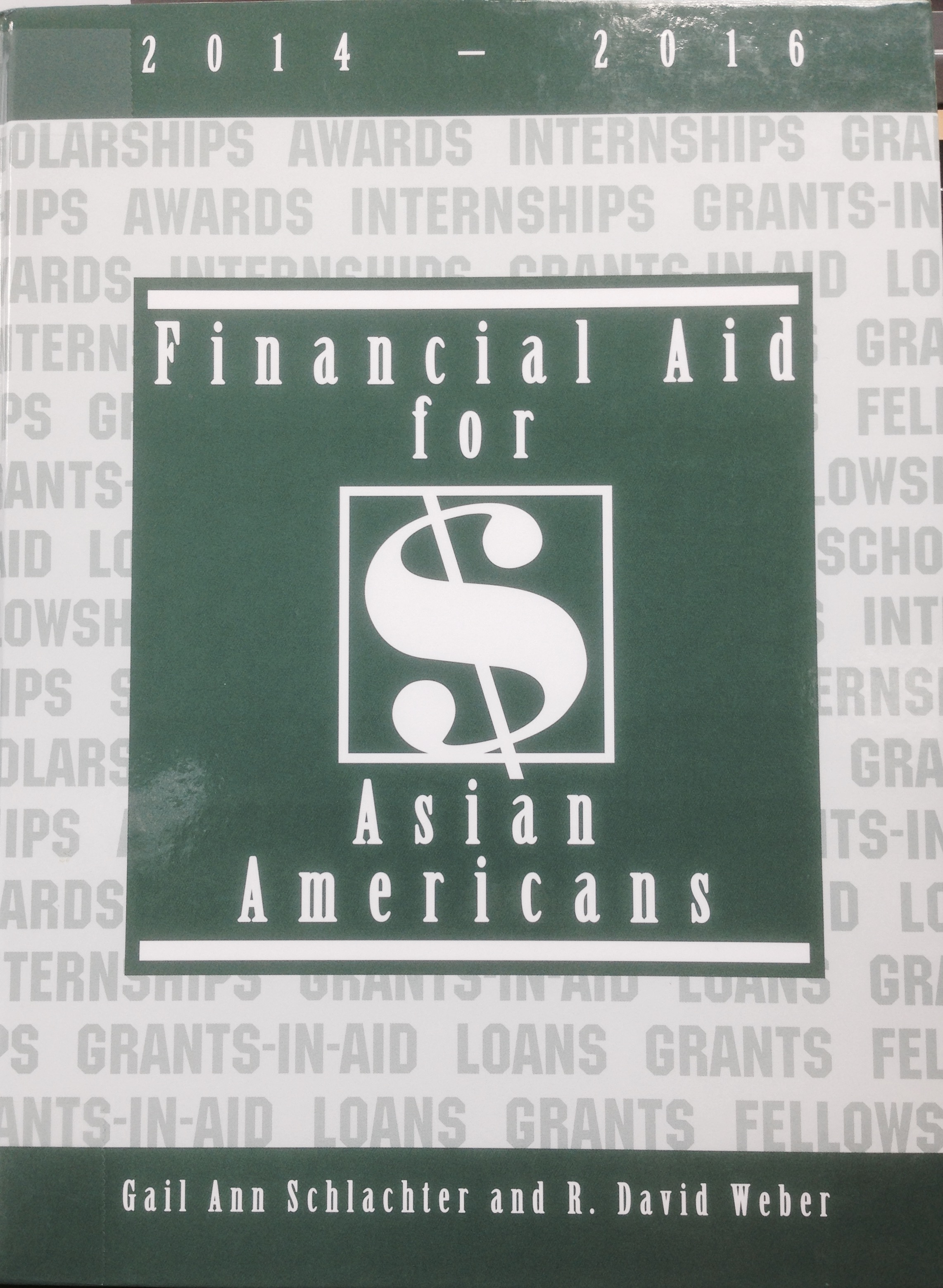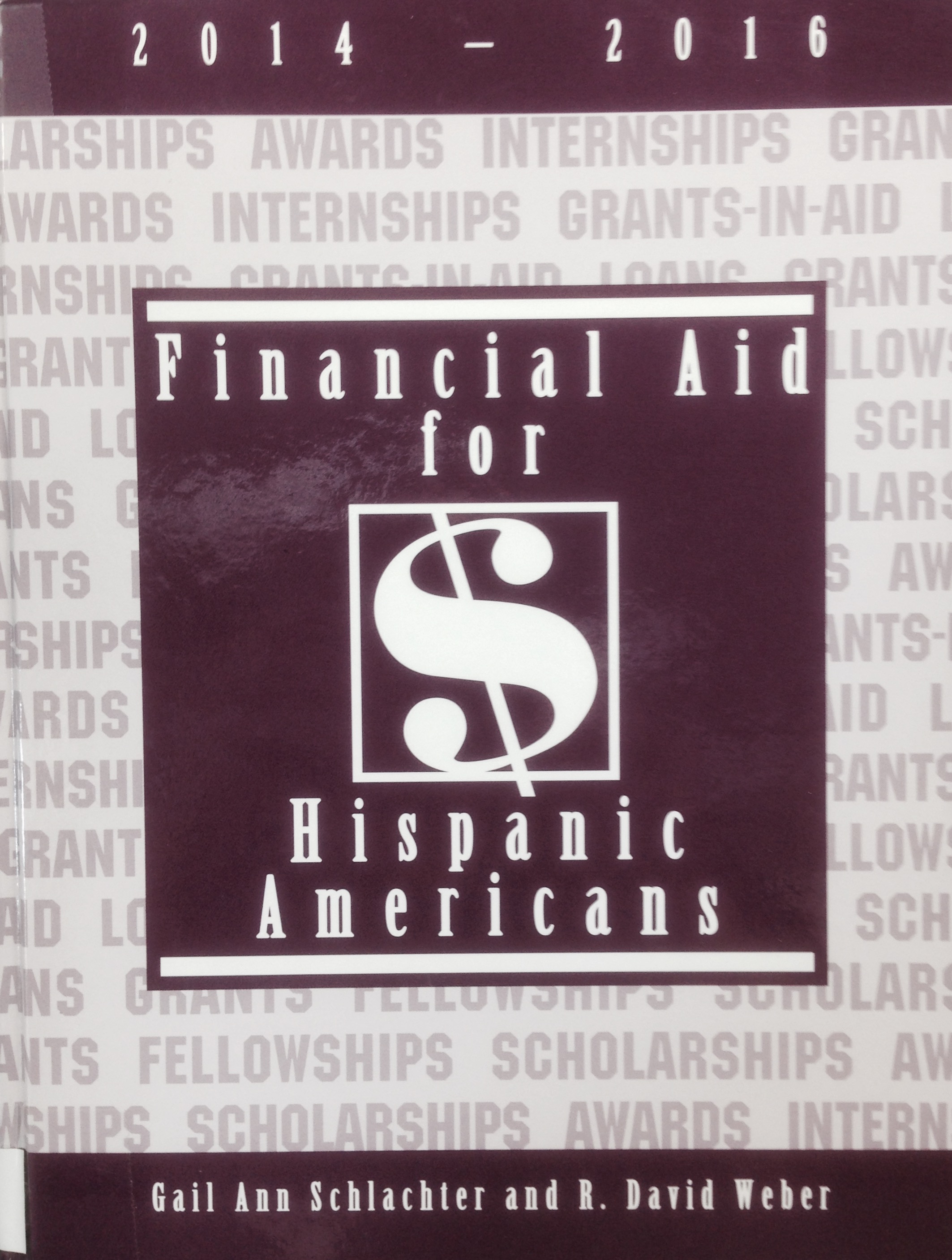Here's a sampling:
Not In God's Name: In this powerful and timely book, one of the most admired and authoritative religious leaders of our time tackles the phenomenon of religious extremism and violence committed in the name of God. If religion is perceived as being part of the problem, Rabbi Sacks argues, then it must also form part of the solution. When religion becomes a zero-sum conceit—that is, my religion is the only right path to God, therefore your religion is by definition wrong—and individuals are motivated by what Rabbi Sacks calls “altruistic evil,” violence between peoples of different beliefs appears to be the only natural outcome. But through an exploration of the roots of violence and its relationship to religion, and employing groundbreaking biblical analysis and interpretation, Rabbi Sacks shows that religiously inspired violence has as its source misreadings of biblical texts at the heart of all three Abrahamic faiths -- Judaism, Christianity, and Islam.
Why Be Jewish?: Completed in December 2013, just weeks before he passed away, WHY BE JEWISH? expresses Edgar Bronfman's awe, respect, and deep love for his faith and heritage. Bronfman walks readers through the major tenets and ideas in Jewish life, fleshing out their meaning and offering proof texts from the Jewish tradition gleaned over his many years of study with some of the greatest teachers in the Jewish world. Bronfman shares In WHY BE JEWISH? insights gleaned from his own personal journey and makes a compelling case for the meaning and transcendence of a secular Judaism that is still steeped in deep moral values, authentic Jewish texts, and a focus on deed over creed or dogma.
We Too Sing America: Many of us can recall the targeting of South Asian, Arab, Muslim, and Sikh people in the wake of 9/11. We may be less aware, however, of the ongoing racism directed against these groups in the past decade and a half. In We Too Sing America, nationally renowned activist Deepa Iyer catalogs recent racial flashpoints, from the 2012 massacre at the Sikh gurdwara in Oak Creek, Wisconsin, to the violent opposition to the Islamic Center of Murfreesboro, Tennessee, and to the Park 51 Community Center in Lower Manhattan. Author Iyer asks whether hate crimes should be considered domestic terrorism and explores the role of the state in perpetuating racism through detentions, national registration programs, police profiling, and constant surveillance.
The Long Emancipation: Perhaps no event in American history arouses more impassioned debate than the abolition of slavery. Answers to basic questions about who ended slavery, how, and why remain fiercely contested more than a century and a half after the passage of the Thirteenth Amendment. In The Long Emancipation, Ira Berlin draws upon decades of study to offer a framework for understanding slavery’s demise in the United States. Freedom was not achieved in a moment, and emancipation was not an occasion but a near-century-long process—a shifting but persistent struggle that involved thousands of men and women. Berlin teases out the distinct characteristics of emancipation, weaving them into a larger narrative of the meaning of American freedom. The most important factor was the will to survive and the enduring resistance of enslaved black people themselves. In striving for emancipation, they were also the first to raise the crucial question of their future status. If they were no longer slaves, what would they be?
The Black Presidency: A provocative and lively deep dive into the meaning of America's first black presidency, from “one of the most graceful and lucid intellectuals writing on race and politics today” (Vanity Fair). Michael Eric Dyson explores the powerful, surprising way the politics of race have shaped Barack Obama’s identity and groundbreaking presidency. How has President Obama dealt publicly with race—as the national traumas of Tamir Rice, Trayvon Martin, Michael Brown, Eric Garner, Freddie Gray, and Walter Scott have played out during his tenure? What can we learn from Obama's major race speeches about his approach to racial conflict and the black criticism it provokes? Dyson explores whether Obama’s use of his own biracialism as a radiant symbol has been driven by the president’s desire to avoid a painful moral reckoning on race. And he sheds light on identity issues within the black power structure, telling the fascinating story of how Obama has spurned traditional black power brokers, significantly reducing their leverage.
Negroland: At once incendiary and icy, mischievous and provocative, celebratory and elegiac — here is a deeply felt meditation on race, sex, and American culture through the prism of author Margo Jefferson’s rarefied upbringing and education among a black elite concerned with distancing itself from whites and the black generality while tirelessly measuring itself against both. Born in upper-crust black Chicago—her father was for years head of pediatrics at Provident, at the time the nation’s oldest black hospital; her mother was a socialite—Margo Jefferson has spent most of her life among (call them what you will) the colored aristocracy, the colored elite, the blue-vein society. Since the nineteenth century they have stood apart, these inhabitants of Negroland, “a small region of Negro America where residents were sheltered by a certain amount of privilege and plenty.” Reckoning with the strictures and demands of Negroland at crucial historical moments—the civil rights movement, the dawn of feminism, the fallacy of postracial America—Jefferson brilliantly charts the twists and turns of a life informed by psychological and moral contradictions. Aware as it is of heart-wrenching despair and depression, this book is a triumphant paean to the grace of perseverance.
Show Me A Hero: Not in my backyard -- that's the refrain commonly invoked by property owners who oppose unwanted development. Such words assume a special ferocity when the development in question is public housing. Lisa Belkin penetrates the prejudices, myths, and heated emotions stirred by the most recent trend in public housing as she re-creates a landmark case in riveting detail, showing how a proposal to build scattered-site public housing in middle-class neighborhoods nearly destroyed an entire city and forever changed the lives of many of its citizens.
Trans Portraits: A fascinating collective memoir of the lives and experiences of 34 transgender people, in their own voices.
The Gay Revolution: The sweeping story of the modern struggle for gay, lesbian, and trans rights—from the 1950s to the present—based on amazing interviews with politicians, military figures, legal activists, and members of the entire LGBT community who face these challenges every day. The fight for gay, lesbian, and trans civil rights—the years of outrageous injustice, the early battles, the heart-breaking defeats, and the victories beyond the dreams of the gay rights pioneers—is the most important civil rights issue of the present day. Based on rigorous research and more than 150 interviews, The Gay Revolution tells this unfinished story not through dry facts but through dramatic accounts of passionate struggles, with all the sweep, depth, and intricacies only award-winning activist, scholar, and novelist like Lillian Faderman can evoke. The Gay Revolution begins in the 1950s, when law classified gays and lesbians as criminals, the psychiatric profession saw them as mentally ill, the churches saw them as sinners, and society victimized them with irrational hatred. Against this dark backdrop, a few brave people began to fight back, paving the way for the revolutionary changes of the 1960s and beyond. Faderman discusses the protests in the 1960s; the counter reaction of the 1970s and early eighties; the decimated but united community during the AIDS epidemic; and the current hurdles for the right to marriage equality.
The Only Woman in the Room: In 2005, when Lawrence Summers, then president of Harvard, asked why so few women, even today, achieve tenured positions in the hard sciences, Eileen Pollack set out to find the answer. A successful fiction writer, Pollack had grown up in the 1960s and ’70s dreaming of a career as a theoretical astrophysicist. Denied the chance to take advanced courses in science and math, she nonetheless made her way to Yale. There, despite finding herself far behind the men in her classes, she went on to graduate summa cum laude, with honors, as one of the university’s first two women to earn a bachelor of science degree in physics. And yet, isolated, lacking in confidence, starved for encouragement, she abandoned her ambition to become a physicist. Years later, spurred by the suggestion that innate differences in scientific and mathematical aptitude might account for the dearth of tenured female faculty at Summer’s institution, Pollack thought back on her own experiences and wondered what, if anything, had changed in the intervening decades. Based on six years interviewing her former teachers and classmates, as well as dozens of other women who had dropped out before completing their degrees in science or found their careers less rewarding than they had hoped, The Only Woman in the Room is a bracingly honest, no-holds-barred examination of the social, interpersonal, and institutional barriers confronting women—and minorities—in the STEM fields.
Everyday Sexism: The Everyday Sexism Project was founded by writer and activist Laura Bates in April 2012. It began life as a website where people could share their experiences of daily, normalized sexism, from street harassment to workplace discrimination to sexual assault and rape. The Project became a viral sensation, attracting international press attention from The New York Times to French Glamour, Grazia South Africa, to the Times of India and support from celebrities such as Rose McGowan, Amanda Palmer, Mara Wilson, Ashley Judd, James Corden, Simon Pegg, and many others. The project has now collected over 100,000 testimonies from people around the world and launched new branches in 25 countries worldwide. The project has been credited with helping to spark a new wave of feminism.



